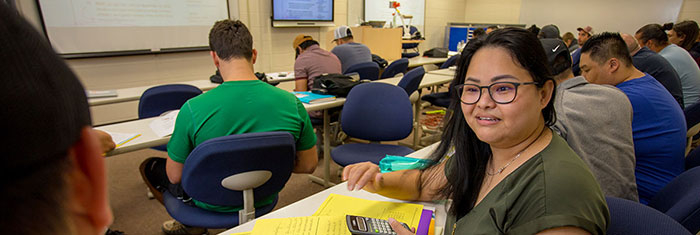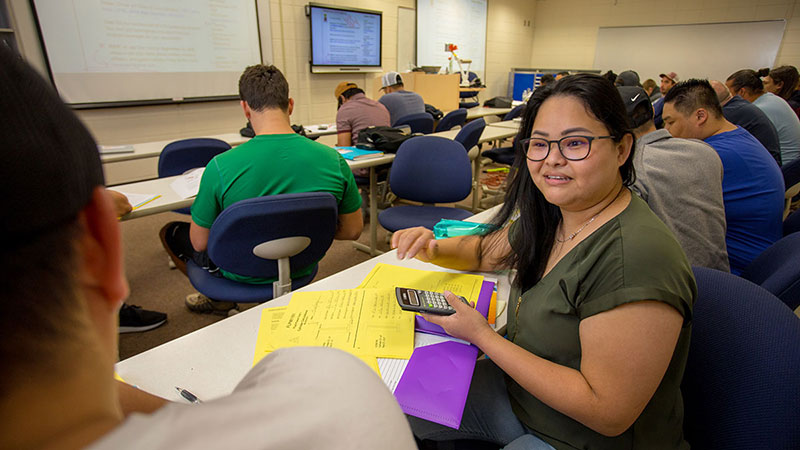
A shortage of talent across the country means millions of jobs are unfilled, and leaders from government, business, education, and communities realize that solving the shortage will mean growing a skilled workforce from the people they already have.
This week, Lumina Foundation in partnership with the Kresge Foundation, designated four new Talent Hubs – places with a demonstrated plan for significantly increasing the number of people with college degrees or other credentials beyond a high school diploma.
The communities in Indiana, Ohio, and Florida join 22 others selected in 2017 and 2018 for their efforts. The designation means they are working in partnerships, taking bold action, and changing outcomes for learners that have not been well-served by the post-high school education system in the past.
Their efforts could not come at a better time: Today’s students are older, more diverse, and live much more complicated lives than students of the past. Nearly two-thirds of all college-goers work, including nearly half in full-time jobs. They are not working simply to afford college, but rather to afford life. Almost half of today’s students are financially independent, with many supporting families of their own. For these students who make up the new normal, the traditional experience of attending school full-time, living on campus, and working in the dining hall on weekends does not work for them. New supports and policies are needed, created and implemented at the ground-level, to make sure these students have a chance to succeed.
That’s why places like the Northeast Indiana Regional Partnership have been working together take coordinated action to support incumbent workers and residents. Their partnership with 10 colleges and universities across an 11-county region works to create seamless pathways, eliminate barriers, and collectively support the business community. To them, meeting the needs of the current and future workforce means meeting the needs of a growing community – one where families live, work, and learn no matter their education level, race, or income.
In Cleveland, College Now is making sure students and families have the support and guidance they need to succeed in post-high school education. They knew that only offering services to school-aged youth was not enough to meet their goals. By offering a suite of services such as debt counseling and academic advising to adults, in addition to re-enrollment services and talent solutions for colleges and businesses, they serve the entire city on a path to prosperity.
Two Florida communities are also finding new and better ways to serve today’s students. In Tampa Bay, a partnership among LEAP Tampa Bay College Access Network and four higher education partners are working to reengage and support the over 300,000 people who stopped out of school before completing their degree. Going beyond simple outreach efforts, partner colleges are adjusting institutional policy to remove barriers that prevent these former students from transferring credit from one institution to another, and finding better ways to award credit for work and military service.
Southwest Florida’s FutureMakers Coalition is no stranger to making these transformational changes in its community. The coalition has an ambitious plan to build on existing efforts that allow a student to return to a community college to finish an associate degree that includes addressing prior college debt, flexible schedules that match students’ daily lives, and providing academic and career support along the way. They also know that all education partners must be involved to make regional change. Adult education programs offered by workforce providers, technical colleges, two-year college, and four-year universities are all equal partners, collaborating to change outcomes not just for their institution, but for the entire region.
What makes these places unique – and worthy of the Talent Hub designation – is not what they are doing; it’s how they are doing it. These partnerships have set aside age-old divisions to serve their entire community. They understand that their own organization’s success is entirely dependent on their region’s success, and that only by working together, across sectors, will their communities flourish.
